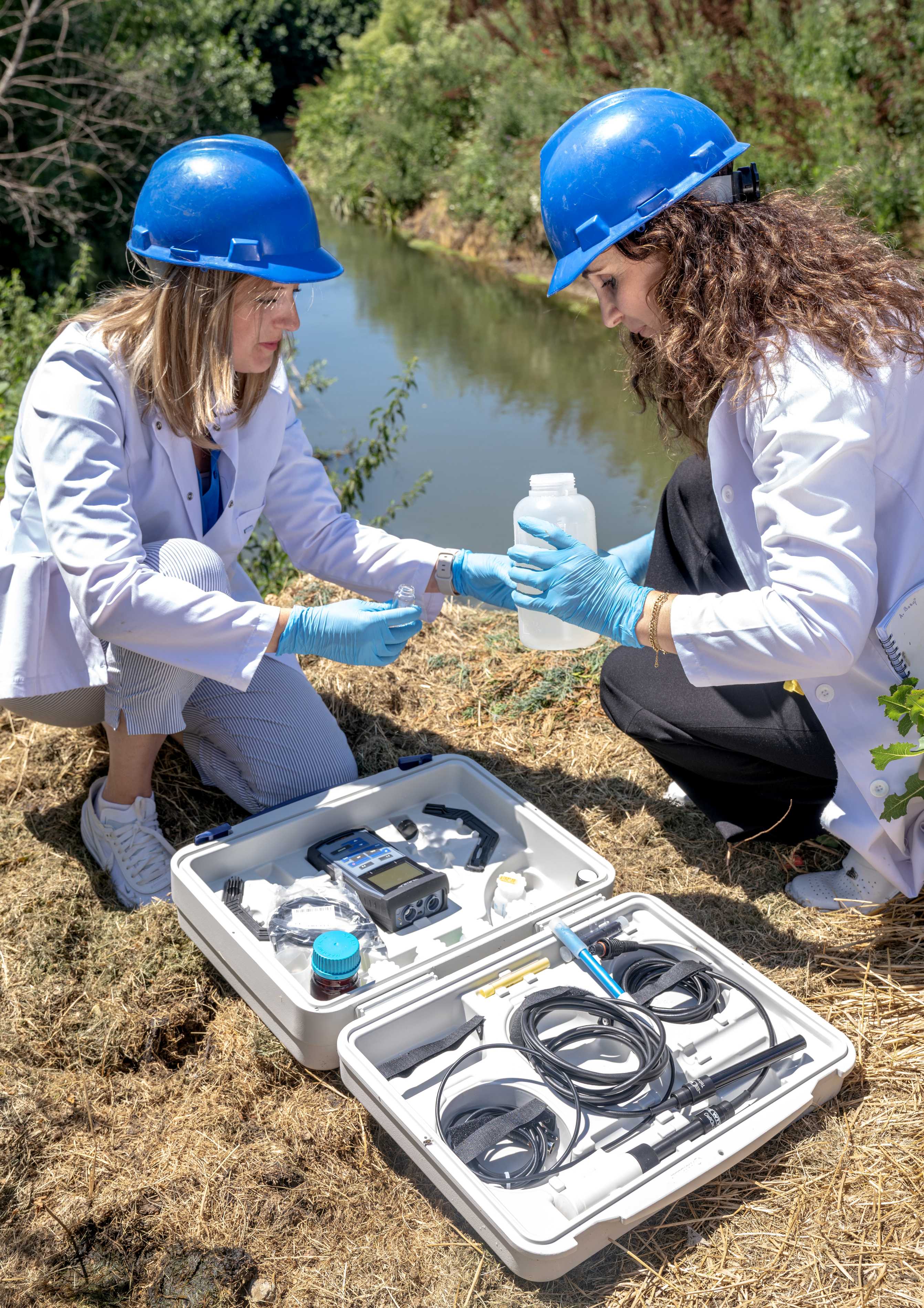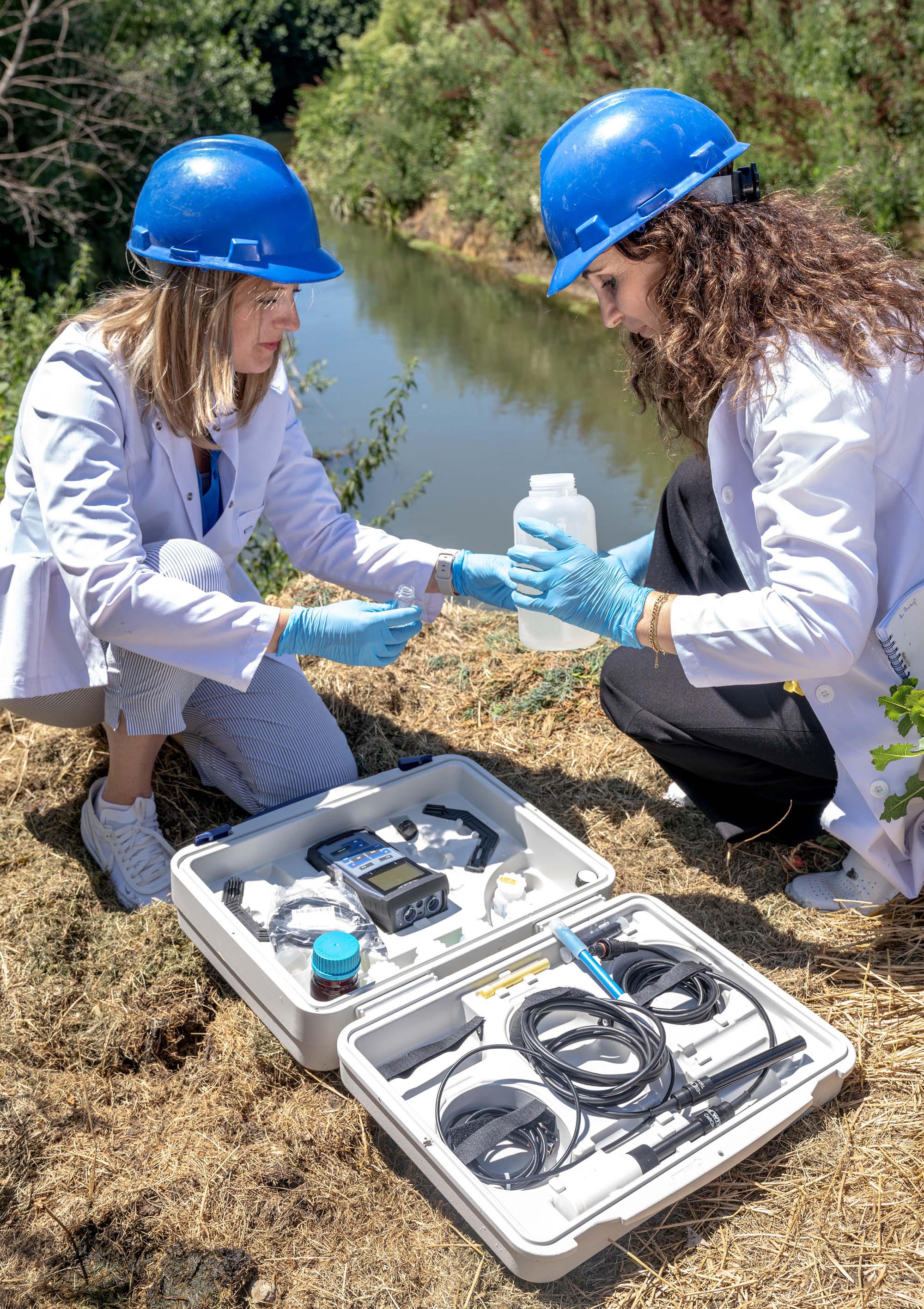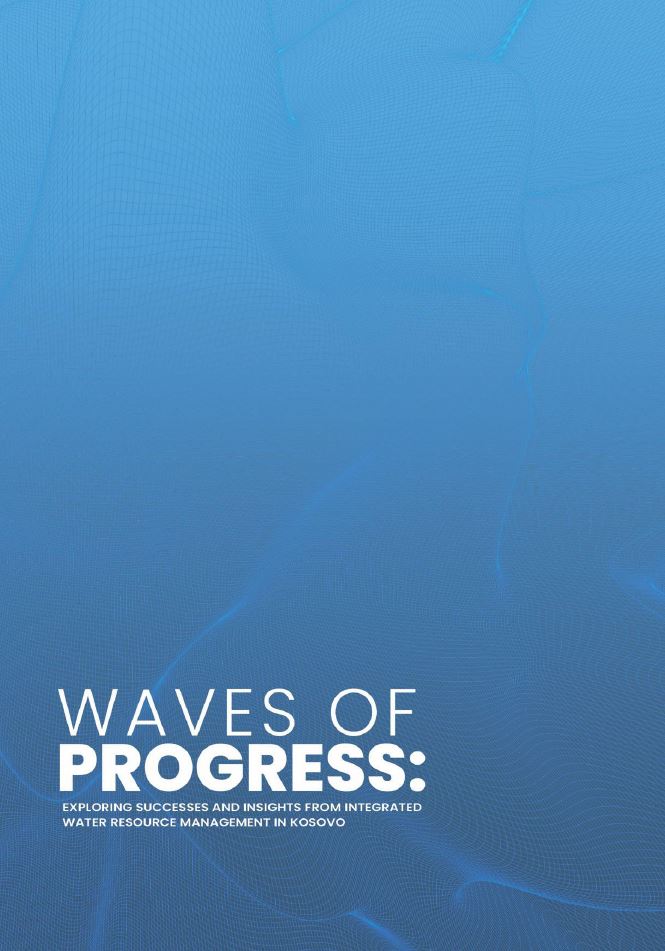Participation as a critical success factor in water resource management
Involving all partners is crucial for water resources management in Kosovo, one of Southeast Europe’s most water-stressed regions.

SKAT implements the multi-phased Integrated Water Resources Management in Kosovo (IWRM-K) program on behalf of the Swiss Agency for Development and Cooperation (SDC) and the Government of Kosovo.
Roger Schmid, as Principal Advisor Water & Environmental Services at SKAT and programme manager, can you explain the significance of the Integrated Water Resources Management in Kosovo (IWRM-K) program?
Growing and diverse needs, along with climate change, have made Kosovo one of the most water stressed countries in Southeast Europe. The previously highly fragmented and closed water resources management system was not capable of addressing these challenges effectively. We firmly believe that involving all stakeholders is essential in developing long-term, viable solutions for the management of common goods. Since 2020, we have been working alongside the government of Kosovo, stakeholders, and citizens to establish more sustainable and collaborative approaches.
Which result is particularly significant to you?
Our objective is to strengthen the system and to empower our partners so that, over time, our support is no longer required. In this case, we have successfully demonstrated to the government of Kosovo why, what, and how capacities for water resources management need to be strengthened, as well as the human and financial resources required for this institutional development process. This has led to a shift in perspective, paving the way for long-term improvements. A crucial aspect of this effort has been the training of Junior Professionals, who are now actively contributing within various water-related institutions.
What inspired the development of the first national Water Balance Study?
We initiated the first-ever national Water Balance Study which has played a pivotal role in understanding current and future water availability for different country needs. This has been instrumental in formulating informed and holistic River Basin Management Plans which are now driving reforms in water financing and administration.
Additionally, SKAT has introduced advanced data acquisition and processing as a vital tool for enhancing decision-making and advancing sustainable water resources management practices. Kosovo’s pre-assessment for EU accession has set requirements that facilitate this transformation.
The Program spans several years. Can you share an example of already visible changes?
One of our stakeholders are farmers, who require water for irrigation and may affect the water quality. More than 90 farmers have benefited from grants provided through the Program, along with training to help them implement sustainable farming practices.
One of the outcomes has been a 60% reduction in irrigation water use on pilot farms. Over 30 livestock farms have stopped polluting water bodies after receiving tools and knowledge on better manure management and reuse, enhancing soil quality. Likewise, seven industrial operators from various food sectors have adopted cleaner technologies. These and other similar showcases are now ready for scaling up.
What are you looking forward to?
In the next phase of the Program, we aim at establishing the long-term capacity development in water resources management that we initiated as the new norm and reform routine. Further, we continue promoting democratic stakeholder participation as a standard in pursuing integrated water resources management in Kosovo. We are excited to continue learning and expanding our impact as we move forward on this transformative journey.




